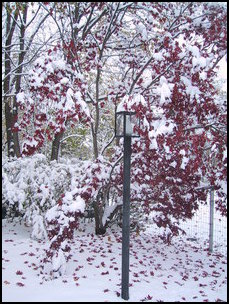Buffalo Technology Does Not Suck
Just got off the phone with Buffalo Technology tech support. They most definitely do not suck.
This morning, my house’s WiFi just stopped working entirely. I have a pretty new Buffalo Airstation WBR2-G54, which I bought because cnet seemed to like it, and because it comes with a repeater that extends the wireless range (and creates a new wired access point) simply by powering it up. I was sick of slow media transfer over 802.11b, since I use WiFi to play my music collection everywhere in the house. (I do have pangs of guilt at not buying a router with open source firmware, however, like the Linksys WRT54G).
After trying the standard tricks (resetting the router, different clients, etc.), I decided to call tech support. First plus: Buffalo has free 24/7 tech support for all customers.
The tech support guy I got was clearly clued in. He could tell right away that he didn’t need to ask me if the router was turned on. He also figured out pretty quickly that I run Debian, which is also the distribution that he was learning. I love the feeling of connecting with another Debian user, particularly a tech support person who you know must spend his entire day talking to clueless users—it’s like you have a secret handshake and you can skip all the bullshit.
Anyway, the problem turned out to be relatively simple: I just needed to change the wireless channel. It hadn’t occurred to me because nothing had changed recently in my home. According to the clued-in tech support guy, though, interference can come from quite far away sufficient to make a particular frequency totally unuseable. There is a large condo development going in across the street (probably about 300 feet from my router) and he said he had encountered problems with construction interfering with WiFi several times.
So I still think U-Haul Sucks, but I am firmly convinced that Buffalo does not.
(I’m also wondering if I should worry about interference that is so powerful as to knock out my whole wireless network coming from so far away).

 November 13 is a tad bit early for me. But at least it’s pretty. Unfortunately, in Boston, it seldom stays below freezing for long, so this will soon be a mixture of mud and ice.
November 13 is a tad bit early for me. But at least it’s pretty. Unfortunately, in Boston, it seldom stays below freezing for long, so this will soon be a mixture of mud and ice. As it turns out, I
As it turns out, I